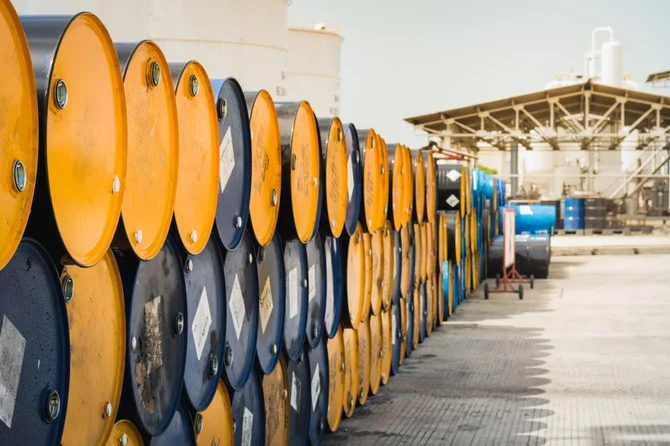Pakistan exported more than 1.4 million tonnes of furnace oil during the financial year ending June 30, 2025, driven primarily by low domestic demand for power generation.
According to official data, the country exported 1.3 million tonnes of high sulphur furnace oil (HSFO) and 137,880 tonnes of low sulphur furnace oil (LSFO) during the year. In June alone, refineries shipped 73,101 tonnes of HSFO, a decrease from 121,066 tonnes in May.
The rise in exports reflects furnace oil’s reduced role in the domestic energy mix, as its use in power generation has significantly fallen. This decline is largely attributed to the government’s introduction of a cumulative petroleum levy and climate support levy, amounting to Rs82,077 per tonne for the current fiscal year.
Furnace oil, a deregulated product whose prices are influenced by market conditions, is primarily used by domestic industries. However, the introduction of levies is expected to increase the price of furnace oil by 80%, making it unaffordable for sectors such as cement, shipping, textiles, glass, tyre manufacturing, and foundries.
According to the Oil Companies Advisory Council (OCAC), the price hike could lead to a sharp decline in industrial activity, potentially causing partial or complete shutdowns in sectors reliant on furnace oil for their operations.
The subdued demand for furnace oil in the local market has also dampened the refining sector’s outlook for exports. Refineries are struggling to make furnace oil exports financially viable, as they may incur significant losses, further weakening Pakistan’s refining industry.
Data on power generation for the first 11 months of FY25 confirms that furnace oil has contributed minimally to electricity generation, as it remains an expensive and low-priority fuel.
Refineries in Pakistan are now planning to reduce their HSFO output significantly under the new refining policy. The policy aims to cut daily HSFO production from 15,500 metric tonnes to 3,400 tonnes once upgrades are completed.
However, the implementation of these upgrades has been delayed due to disputes over sales tax exemptions on petroleum products during the previous fiscal year. The government has asked the refining sector to submit a comprehensive proposal to resolve the sales tax issue, which has been a significant hurdle in finalizing refinery upgrade agreements.




